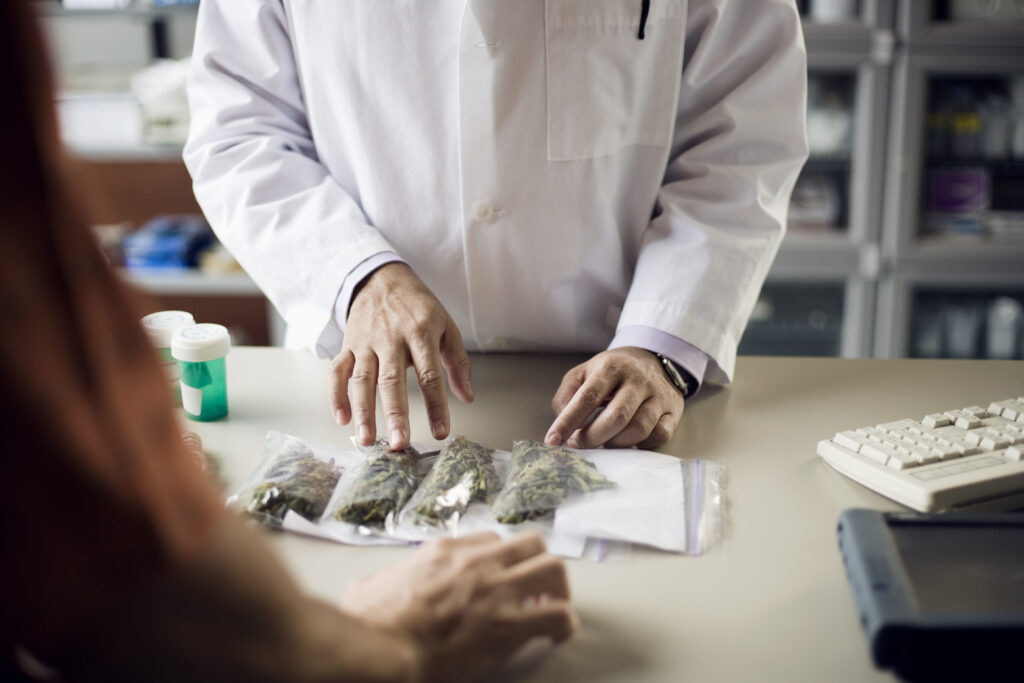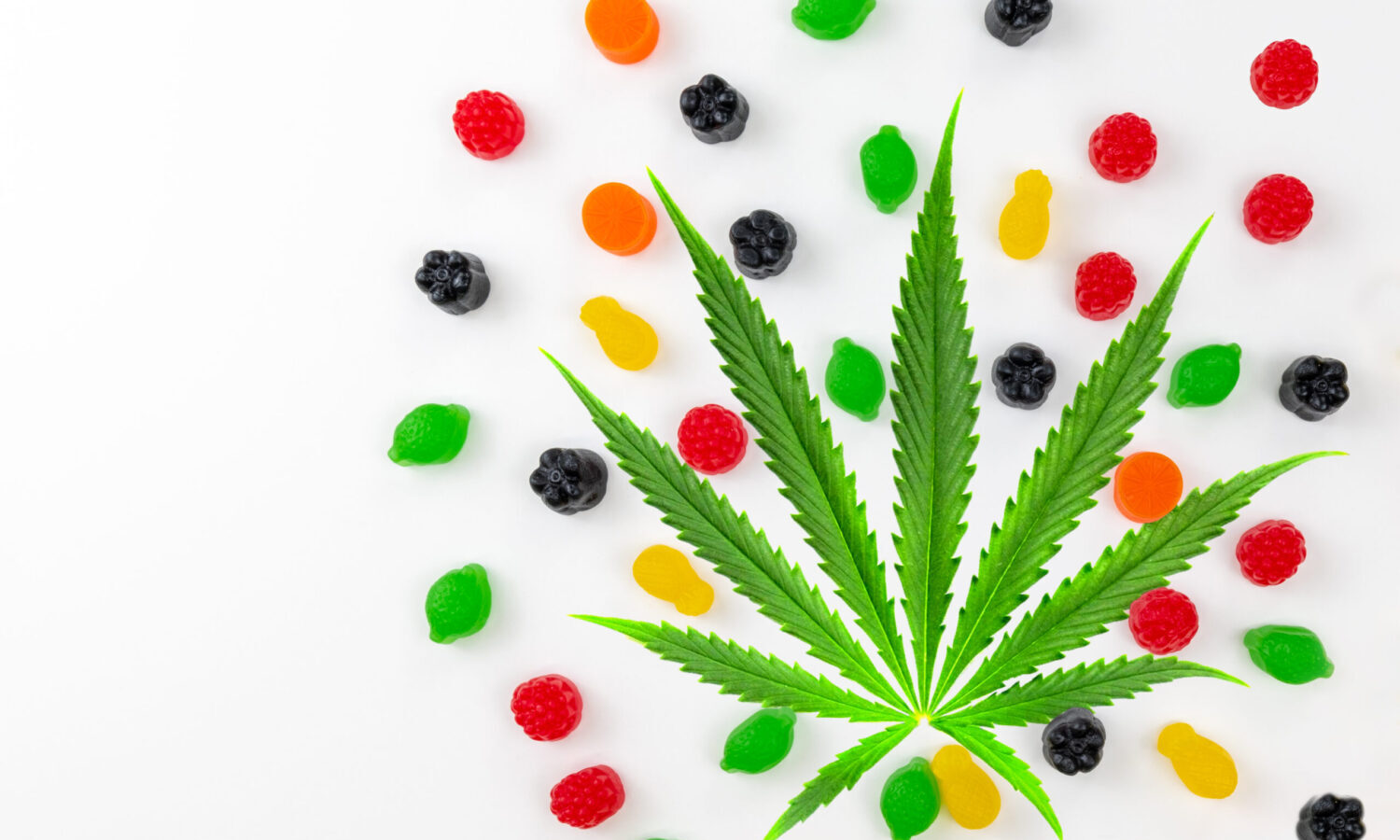Marijuana dispensaries and caregivers in Pennsylvania are only allowed to include medical marijuana in food if it helps the patient ingest their prescribed medication.
A new bill in Pennsylvania aims to include cannabis edibles in the list of medical marijuana products available to patients. Currently, cannabis patients only have access to tinctures, pills, oils, topicals and flower.
The bill was proposed by Senator Dan Laughlin, who said he wanted to provide Pennsylvania patients with more cannabis products to treat their conditions. Laughlin argued that over 25 states grant their patients access to edibles, which can produce gradual results for users.
RELATED: How Long Do Marijuana Edibles Stay In Your System?

“For many patients, their medical conditions require gradual relief over an extended period of time,” said Laughlin. “Consuming medical cannabis in edible form is among the best ways to achieve the time-release effect that these patients need.” He also said that, if the bill were to pass, dispensaries and responsible parties would test the edibles for their potency and would also package these products in child-proof containers, making them as safe as possible for families.
Marijuana dispensaries and caregivers in Pennsylvania are only allowed to include medical marijuana in food if it helps the patient ingest their prescribed medication. The law prohibits them from making medical cannabis in the form of edibles. “Edibles offer an easy and appropriate way to get relief from their medical conditions, and that’s always been the goal of medical cannabis: providing relief to patients,” Laughlin continued in the press release.
RELATED: Debunking 4 Common Myths About Edibles
Edibles are one of the most popular forms of consuming cannabis, whether for recreational or medicinal purposes. While edibles can be very enjoyable, they’re also a very effective medicine, producing some of cannabis’ strongest results. They’re effective for treating chronic pain, providing strong relaxation, and more. They’re also among the healthiest forms to consume cannabis, eliminating any smoke or vapor that can harm the mouth, throat, and lungs.
While recreational cannabis remains illegal in Pennsylvania, the state legalized medical cannabis in the year 2016. Following some growing pains and a bit of mismanagement, products became available two years later.


